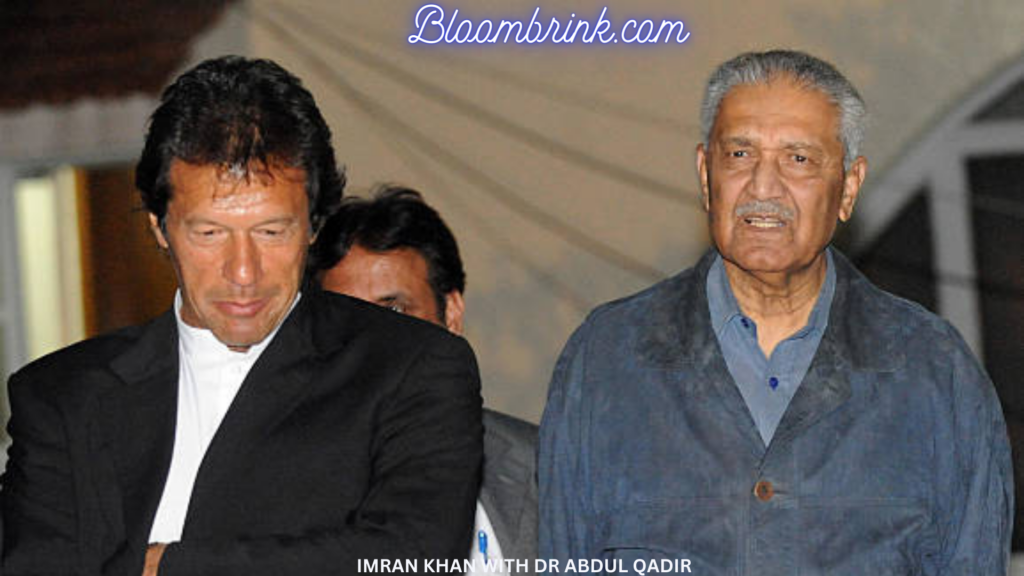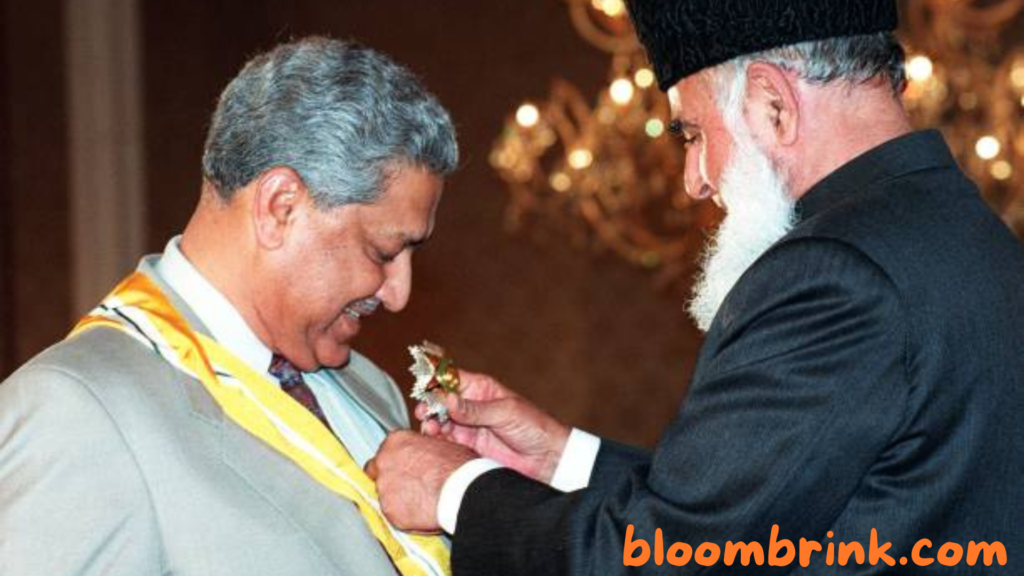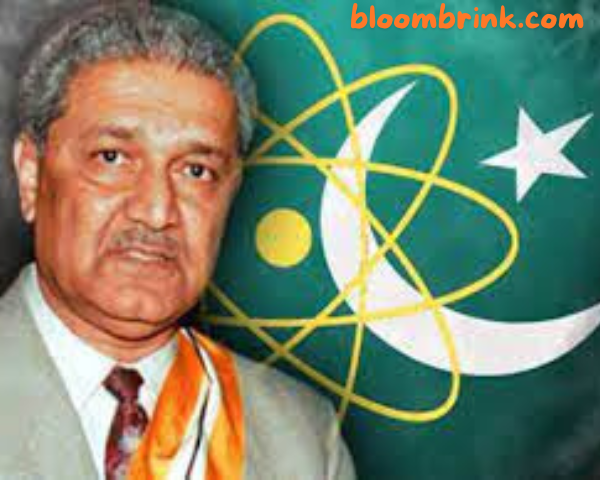Dr Abdul Qadeer Khan, a prominent figure in Pakistani history, is widely recognised for his contributions to Pakistan’s Nuclear Program. The individual’s contributions to the nuclear program of Pakistan have not only revolutionised the country’s military capabilities but also improved its status worldwide. This article examines the life, accomplishments, and controversies associated with Dr. Khan, investigating the lasting impact of an individual who was simultaneously admired and the subject of debate.
Childhood and Education
Dr Abdul Qadeer Khan was born in Bhopal, India, in 1936, and relocated to Pakistan in 1952 after the partition of the Indian subcontinent. Khan, an intelligent and determined scholar, pursued metallurgical engineering at the highest level in Europe, obtaining a doctorate in metallurgical engineering from the Catholic University of Leuven in Belgium and a degree from the Technical University in Berlin. His research activities established the foundation for extraordinary professional development in nuclear science. The Path Towards Nuclear Capability in Pakistan.

Initial Step toward Necular Programme
During the early 1970s, Pakistan initiated its effort to achieve nuclear deterrence in response to the existential peril presented by its neighbouring country’s nuclear program. Dr. Khan, who was employed in the Netherlands then, was moved by his country’s plight. His proficiency in uranium enrichment, an essential element in the advancement of nuclear weaponry, served as the fundamental basis for Pakistan’s nuclear endeavours. Upon his return to Pakistan in 1976, Dr. Khan assumed leadership of the nation’s uranium enrichment initiative. Under Dr. Khan’s guidance, Pakistan attained noteworthy advancements in nuclear technology. The development of gas centrifuges for uranium enrichment represented a critical juncture, as it empowered Pakistan to manufacture uranium suitable for military use. The final phase of Dr Khan’s ceaseless endeavour to attain nuclear capability occurred in 1998 when Pakistan effectively executed its inaugural nuclear tests. In direct response to India’s nuclear tests conducted earlier that year, Pakistan achieved the status of the seventh nuclear power in the world with these tests.

Difficulties and Controversies The legacy of Dr Abdul Qadeer Khan is not devoid of controversy. His involvement in the proliferation of nuclear technology in nations such as North Korea, Iran, and Libya received international censure and scrutiny. The revelation that Dr Abdul Qadeer Khan made in 2004 (publicly confessing to transferring atomic secrets) resulted in his house detention. Despite these controversies, Dr Khan’s contributions to the nation’s security overpowered his conduct and earned him the status of a national hero in Pakistan. Honour and Continuity In Pakistan, Dr Abdul Qadeer Khan’s influence extends beyond nuclear technology. He has consistently expressed support for science and technology education, highlighting the criticality of these disciplines for the nation’s advancement. His philanthropic endeavours, specifically those in the field of education, have made a lasting impact. Dr Khan’s contributions have earned him numerous awards and distinctions, including Pakistan’s highest civil honour, the Nishan-e-Imtiaz. As a result of his contributions, innumerable Pakistanis have been motivated to pursue careers in science and technology, advancing the nation’s ambitions in these crucial domains. To conclude, The life of Dr. Abdul Qadeer Khan is a multiple narrative containing creativity, determination, contention, and everlasting impact. In his capacity as the architect of Pakistan’s nuclear program, he reformed the nation’s defence capabilities with a strategic deterrent. Although his approaches and judgments have sparked controversy, his influence on Pakistan’s scientific and national security spheres is indisputable. The legacy of Dr Khan stands as profound evidence of the transformative potential of scientific pursuits in shaping the trajectory of a country’s history.
Read also; General Zia ul Haq, Ex-President of Pakistan





